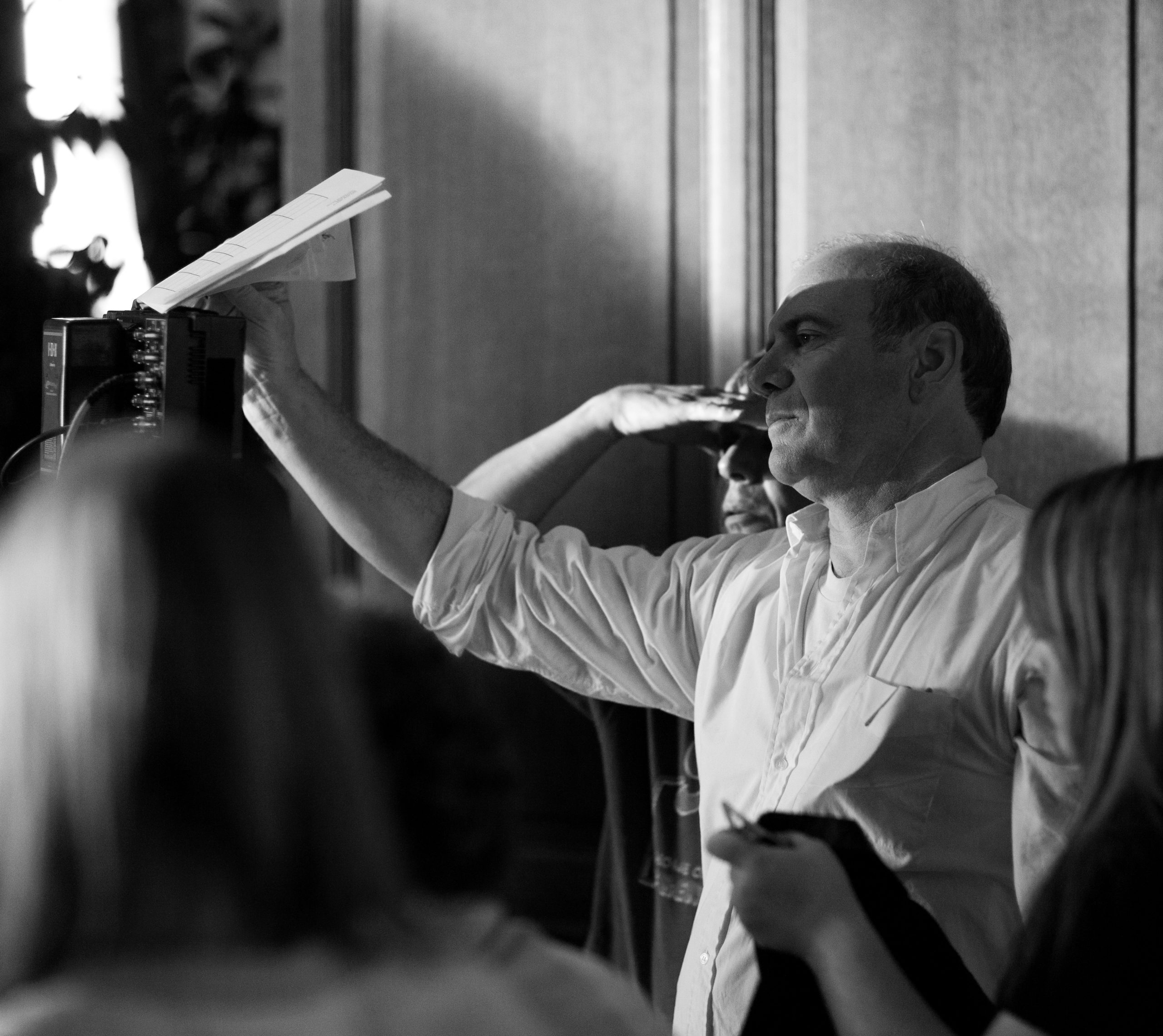In the run up our screening of Theatre Workshop Scotland’s The Happy Lands this Thursday (as part of the third New Cross & Deptford Free Film Festival), we talk to Director Robert Rae about the film and its unique cast.
Tell us a bit about yourself and the Happy Lands
I’ve been making theatre for more than thirty years – but this is only my second feature film. I’ve come late to the process – mainly because it was struggle to work out the appropriate way to bring my practice to the art form. At the heart of what I do is co-creation – working closely with the people whose story I’m telling and then placing them at the heart of creative process. “The Happy Lands” is fairly unique – in that we were able to bring together a professional crew of around 90 together with more than a 1000 volunteers – low budget of course but ambitious in its aim to tell the epic story of the 1926 General strike – and do so this through the eyes of the ordinary people who were at the epicentre -in our case the Fife Mining Community.
What was it that attracted to you the script?
Well I work the other way round – I find the subject that I feel is important to address and then find the people who can give me the full SP – the true insight into the story I want to tell. I then persuade them to create the script with me. Fife is an extraordinary place – an ex-mining community who still elect Communist Councillors – the history and culture of Fife is deeply linked to the Labour movement – and I felt it was important to find a way back to examine the roots of a movement that has lost its bearings. It’s Gordon Brown’s constituency – Labour’s heartland in Scotland. I’m not really interested in nostalgia – but its seemed to me that the culture of solidarity and compassion that was central to the left were disappearing in a wave of cynicism – but it was this culture that had brought us the Health Service and so many of things we treasure as icons of civilization – these things were built on the will and organisation of ordinary people not the behest of politicians. I wanted to explore what that was in practice. I think Ken Loach does the big politics well – I wanted to celebrate the culture that underpinned the politics.
Was it always the intention to cast volunteers and how different was this experience to working with professional actors?
Yes is the short answer. But while they are volunteers they are also the children, grandchildren and great grandchildren of the people whose story the film tells. So they bring an absolute authenticity to their performances that a professional actor would struggle to match. What you don’t get is the minimalistic gesture free style of contemporary screen actors – but once you settle with the difference its a very moving experience. Working with good professional actors is always a joy – how is the experience different? Well with non-actors the crew have to be more patient, I can’t shoot until everyone is relaxed and comfortable and ready to give me a performance – that’s a pre-requisite (maybe for professional actors too). But the main difference is that I develop the script with the actors over many months – I create characters that I know I have the actors to play. For example Joki Wallace – who plays Dan Guthrie – was a miner, comes from a long line of miners and was sacked during the 84/85 strike – he brought so much of himself and his family history to the part – and the end result is a fantastic performance – quite rightly Joki was nominated for a Scottish BAFTA.
How do the themes within the film resonate with today’s political climate?
Part of the function of the demonisation of the working class has been the deliberate assigning of the socialist values that are part and parcel of our culture to a historical dustbin – as inconvenient truths that needed to be destroyed in order to pave the way for the destruction of the welfare state. The theory was that multi-nationalism would raise the level of working people across the world – the reality is its destroying the hard fought for gains of working class people everywhere. What are we going to leave behind for our own children? Once Labour politicians came to power because they represented a mass movement – we put them there – somehow that connection has been lost. Labour became frightened of its own shadow, they lost faith in the people with passion and vision – inevitably the people become disillusioned with politicians. It’s big politics in Scotland right now!
To watch the film and to pose your own question to Robert during our live Skype Q&A, reserve your free tickets here.


